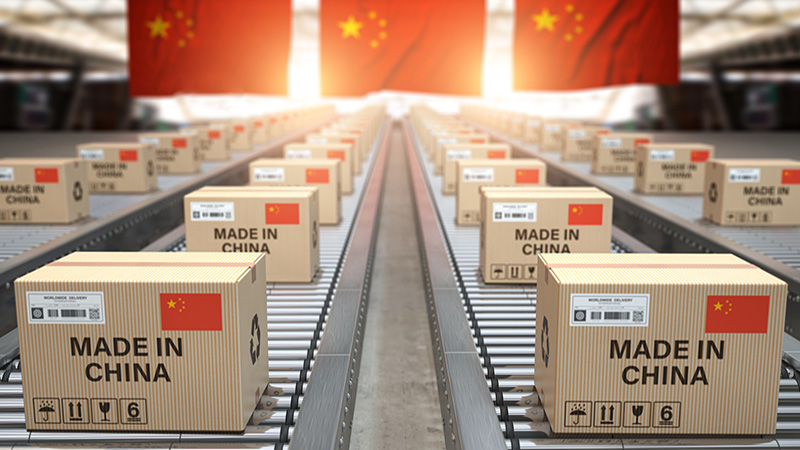China has been berated by investors in recent years as political volatility sent share prices spiralling. Business-hostile policies under the government’s Common Prosperity strategy sent the MSCI China index diving 37.6% over the past three years, and even those who invested for the longer term lost 16.2% in the past five years.
But some managers who sold out of China have been reallocating to the region in recent weeks after a sizable shift in government policy that has gone largely unnoticed by the wider market.
See also: Macro matters: Made in Mexico
Dilemmas in the Chinese property market sent Fidelity Emerging Markets trust co-manager Chris Tennant running from China and into perceivably more stable markets such as India in recent years. However, following a hiatus from buying Chinese assets, he began upping his exposure in the past few weeks. He started the year with an 18.8% underweight (7.8 percentage points below the MSCI Emerging Market benchmark) but has increased that to 31.9% (a 5.2 percentage point overweight) since an invigorating announcement from president Xi Jinping in May.
Back off the ropes?
The beleaguered property market has been one of the primary hindrances driving investors away from China, but Jinping committed CN¥300bn (£32.6bn) to resolving the issue. This is a stark change in rhetoric, and now that the government is seeking to solve one of its biggest problems it could mark a potential turning point for China, according to Tennant.
“Everyone threw in the towel on China and international investors have abandoned that market, which is why you’ve seen those shares underperforming so dramatically over that time period. But year to date, there is a much better regulatory backdrop,” he says. “There’s more of a focus now on supportive regulatory measures, so the direction of travel is positive.
See also: Macro matters: Oil change
“We’re not massively positive on the property sector in China, but at least now the government is taking measures to try and stabilise it and bring some confidence back into the sector. It’s obviously a hugely important and massive component of Chinese GDP and drives a lot of consumption – when people are worried about what property prices are going to do, they don’t spend on discretionary items. So hopefully these measures put a floor in the property market and people start spending again.”
Tennant adds: “House prices are still declining today, so when you do see that trough in the housing market, that will drive a lot of consumer spending again.”
A turning tide
Yet Jinping’s shift in policy was largely met with pessimism – people rightly pointed out that CN¥300bn is a drop in the ocean when it comes to fixing arguably the biggest detractor to the Chinese economy in recent years.
Read the rest of this article in the July/August issue of Portfolio Adviser magazine










